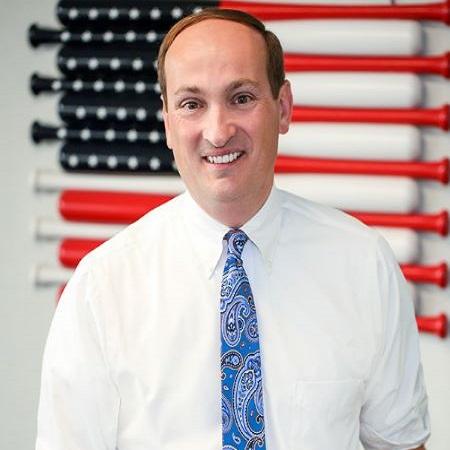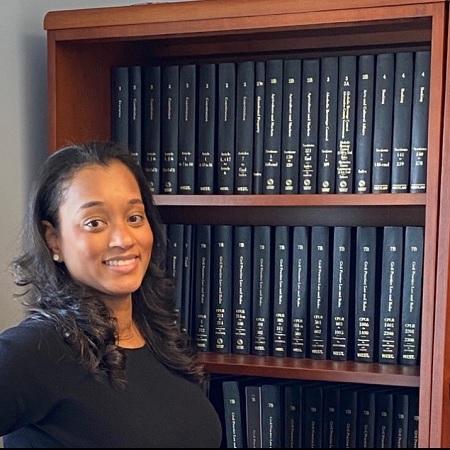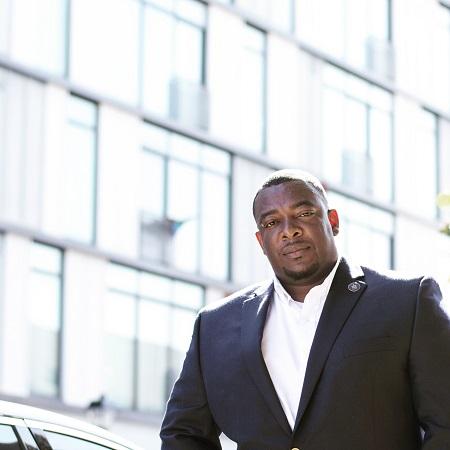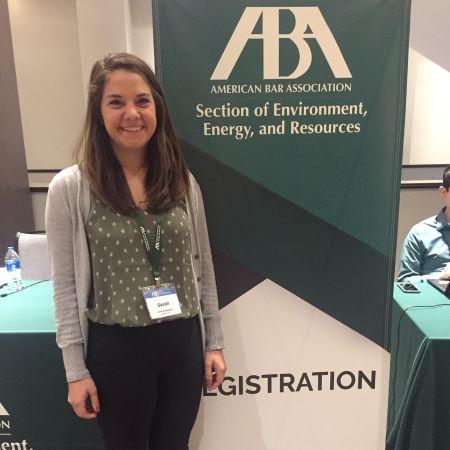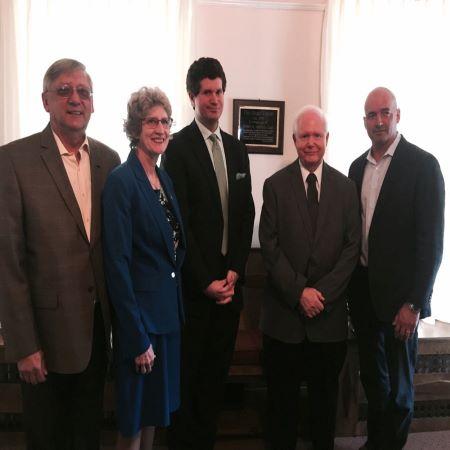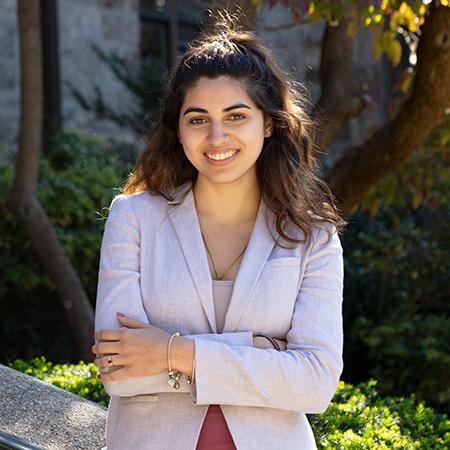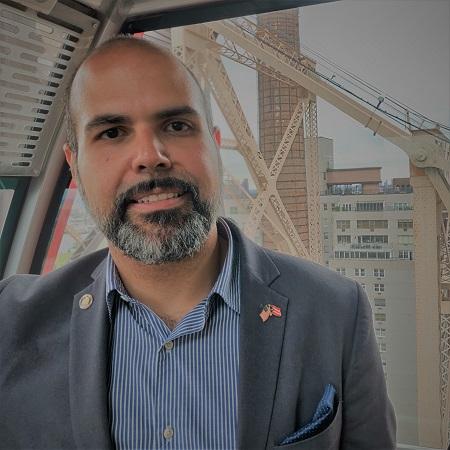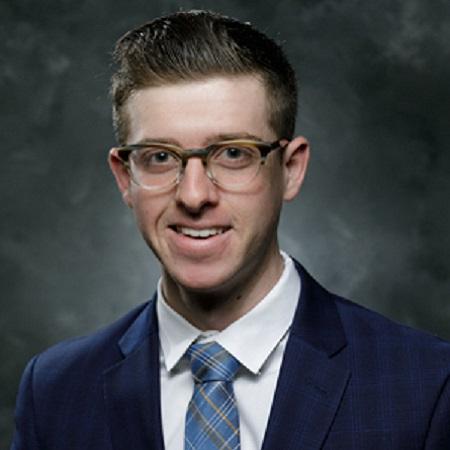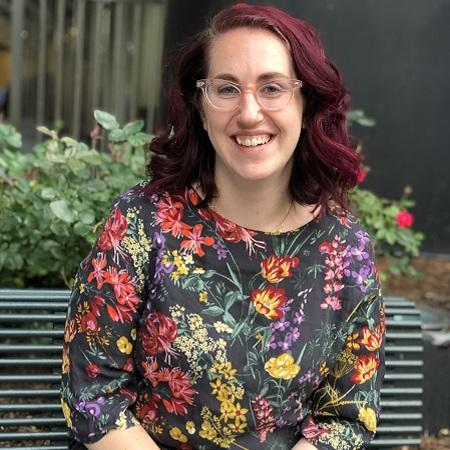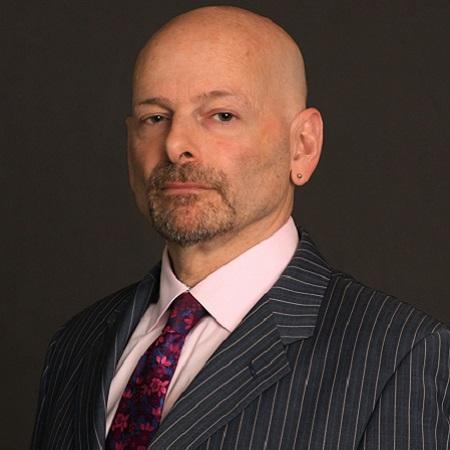
Haub Alumni of the Month: Brian Caplan '84
A Path to Success
Brian Caplan is a 1984 Haub Law graduate and Member and Partner with Reitler Kailas & Rosenblatt LLC. Brian’s practice areas include entertainment law, intellectual property law, commercial law, contract law, employment law, and all related areas. Some of his clients have included recording artists and producers, songwriters, publishing companies, record labels, personal managers, business management, accounting firms, professional athletes, small business owners, dealers in fine art, along with partnerships and corporations.
A Q&A with Brian Caplan ’84
Did you always desire to go to law school and become a lawyer?
In my final year of college at Brandeis University, law school seemed like the right path for me to take. I originally wanted to go into international law, but there were no job opportunities available there. In retrospect, this worked out very well for me.
Who were your favorite professors during your time at law school?
I had quite a few! Off the top of my head, Professor Barbara Salken, Professor Hervey Johnson, Professor Marty Silfen, and Professor Donald Zeigler – to name a few.
What were some of your favorite classes?
I really enjoyed contracts, entertainment law, and international law. Many of the classes that I took while I was at Pace have helped me along the way in my career – including contracts, torts, civil procedure, criminal law and criminal procedure, and entertainment law.
What was your favorite experience while at Pace?
Participating in moot court and international moot court. This gave me the confidence to stand on my feet and articulate a position with authority in front of my peers.
Can you talk about the path of your career?
While I was in law school, I clerked for a small commercial litigation law firm in White Plains. I completed law school in 2 and 1/2 years and began looking for a job while studying for the bar exam. I was at the right place at the right time to get a foot in the door at a small prestigious boutique entertainment and intellectual property litigation law firm in January 1985. With a new partner in this firm, I helped write a treatise on the state and federal laws regulating electronic eavesdropping. During the summer of 1985 I found out that I passed the bar and got hired. Parcher, Arisohn & Hayes was a 7 person law firm that represented incredible music industry talent: The Rolling Stones, Bruce Springsteen, Billy Joel, Paul Simon, and Diana Ross were just a few of the firm’s illustrious clients. Over my 5 years at the firm, I worked on many types of litigation involved in the music industry: copyright infringement, band (partnership) break-ups, audit claims, breach of contract claims, defamation and tortious interference claims. I could not have asked for a better job to start off my career.
In 1991, after I left the firm, my first well-known client was LL Cool J. By 1993 I was lecturing around the country before many other attorneys on entertainment litigation related issues. Over time, I built up a reasonable practice. I have been lucky to represent the Estates of George Gershwin and James Brown, also, The Allman Brothers Band, Lou Reed and the Lumineers, as well as influential rap artists and producers.
I have conducted four federal court jury trials involving diverse subject matter, including an assault and battery claim against rapper Rick Ross, a copyright termination/co-authorship claim for Victor Willis, the original lead singer of the Village People – who wrote the lyrics to YMCA and many other compositions – and a misappropriation of corporate assets claim brought by 2 of the 3 individuals who discovered the recording artist Meat Loaf in the late 1970s.
Each new case is a new challenge and I have generally enjoyed what I do for almost 35 years.
You recently authored and published a book - J.D. to J.D.: My Journey from Juvenile Delinquent to Doctor of Jurisprudence – can you talk about that?
In 2013, I was laying in a bed at Sloan Kettering Memorial Hospital fighting leukemia and I realized how lucky I had been in life to have had the experiences I had. It was at that point I came up with the title “J.D. to J.D.” Many people do not get second chances in life. I did and with a little luck got into Pace, left my juvenile delinquent days behind me, and managed to build a satisfying career in the law focusing on entertainment and intellectual property. My book recounts client anecdotes and life learning experiences. You can learn more about Brian’s book and read an excerpt, - J.D. to J.D.: My Journey from Juvenile Delinquent to Doctor of Jurisprudence, here.
Do you have any advice for future and current law students?
Treat law school like a job. It is not like being in college. The demands are greater, but so is the satisfaction level when you meet the challenge. Also, work hard, but learn how to unwind when the work is done. Take diverse courses to see what interests you, but remember that your first job opportunity may not afford you the luxury of practicing the precise type of law that you are interested in so it is important to remain flexible over the course of your career.

